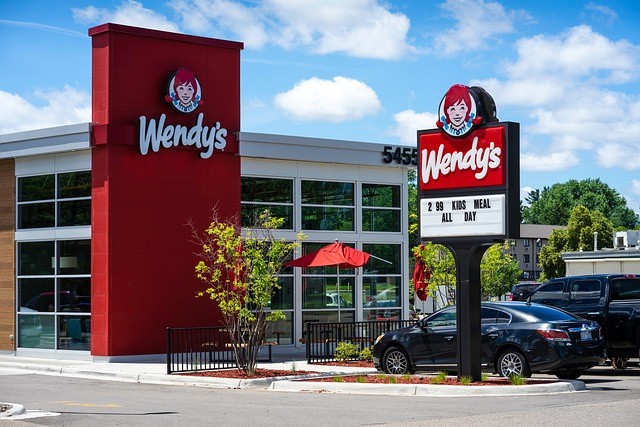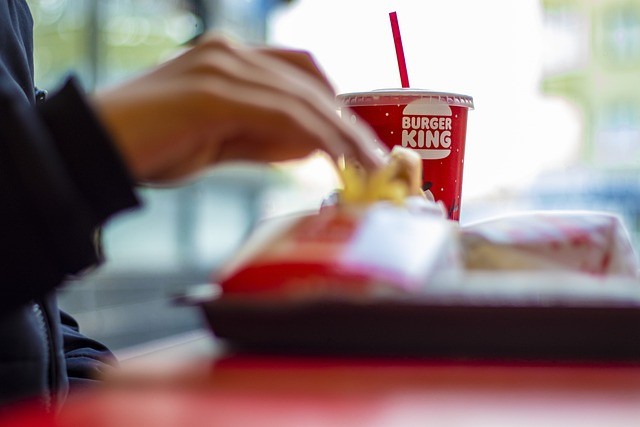
The most prominent fast food chains, Wendy's and Burger King, have started filing for bankruptcy in the past year and more frequently in recent months.
Wendy's restaurant franchise operator Starboard Group of Alabama LLC in the Southern U.S. filed for Chapter 11 in Florida based on a court filing on Tuesday, Nov. 14, 2023, to protect 73 outlets.
As reported by Fast Company, Wendy's has listed their estimated assets and liabilities as between one billion and 10 billion dollars.
Reasons Behind Chapter 11 Filing
According to United States Courts, Chapter 11 is a "reorganization" bankruptcy wherein the primary debtor remains "in possession." Most of the debtor stays "in possession," has the rights and duties of a manager, can keep running the business, and can borrow more money with the court's permission.
Andrew Levy, CEO of Starboard, blamed Wendy's corporate bosses for mandatory remodeling that cost them significant money. He added that there were no equivalent returns.
Moreover, Levy explains a series of unfortunate situations that fast-food operators face. These include the changes in how people behaved after the COVID-19 pandemic, rising running costs, and exceptionally high-interest rates. Because of this, many quick-service restaurant owners across the country are in the same situation.
Burger King Declared Bankruptcy

Meanwhile, Premier Kings, which owned 172 Burger King franchises, filed for bankruptcy at the end of October. QSR Magazine stated that its owner's death made it hard to run the business. This franchise is the third Burger King owner to go to court this year.
Manraj Sidhu, the founder of Premier Kings, passed away unexpectedly in May 2022, which made the company struggle as he was the principal stockholder and manager.
In the report, Manraj Sidhu founded the company in 2009 and pioneered six stores in Birmingham, Alabama, Georgia, and Tennessee. Between 2015 and 2021, more than 100 restaurants opened in Florida, South Carolina, Tennessee, and other states. Premier Kings made $255 million in sales in 2020 and $233.3 million in 2021.
They also blamed "various macroeconomic factors," including the national effect of the COVID-19 pandemic on restaurant operations, high inflation, higher borrowing rates, and a shrinking pool of qualified workers.
Sales fell to $223 million in 2022. It also had a net financial loss of $27 million. It was worth $134.5 million to Premier Kings as of September 30, but it owed $123.1 million.
Not Surprising
Fast Company highlighted that big businesses like Burger King aren't always surprised. The chain, which has 6,900 restaurants in the United States, said in May, at the end of the first quarter of 2023, that as many as 400 of its restaurants might have to close this year.
Patrick Doyle, head of Restaurant Brands International, the parent company of Burger King, talked about this trend just a few days after Premier Kings, a Burger King franchisee, waved the white flag.
He noticed that everyone in the business world tries to handle "too many risks simultaneously." Already struggling owners had too much debt, and the "black swan event" of the pandemic set off a chain reaction that made things worse. To use Doyle's blunt words, "We got in trouble."















